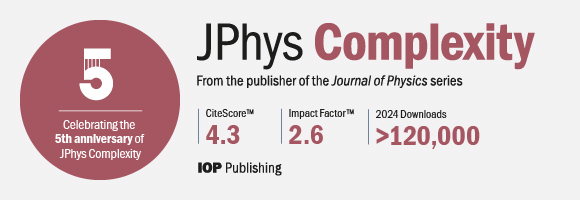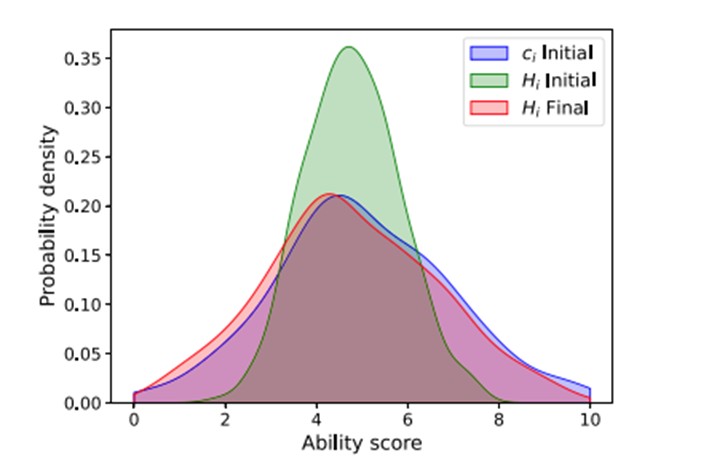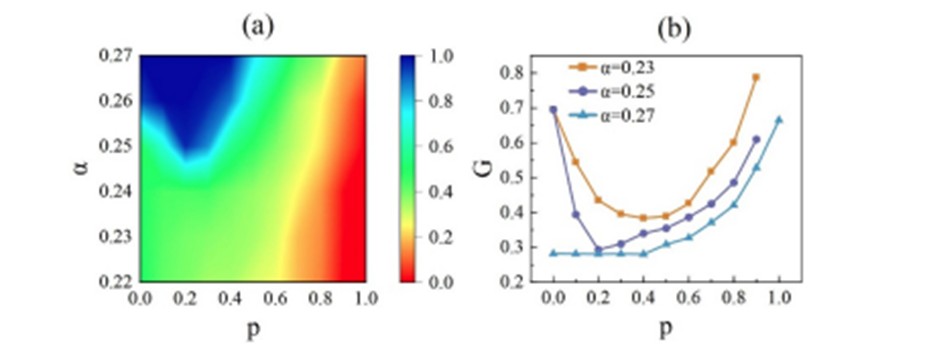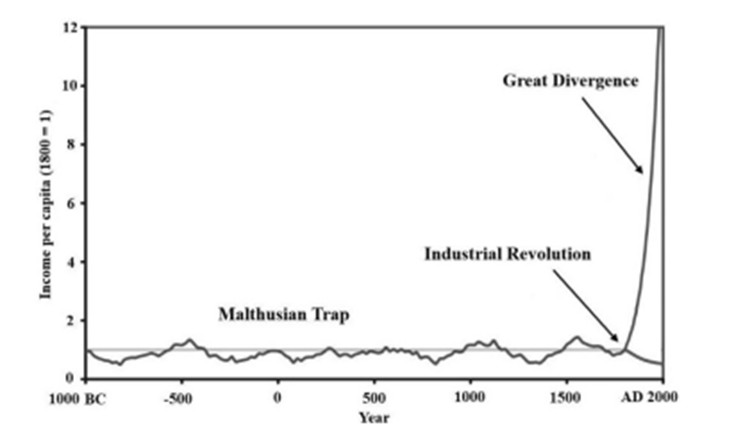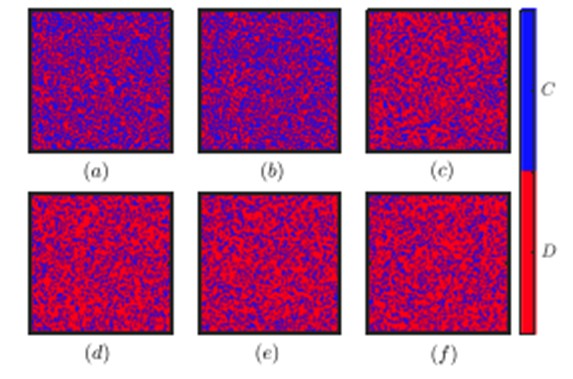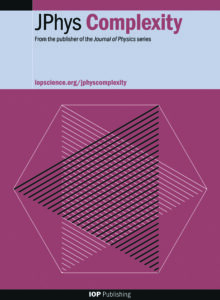Within this framework, we introduce the concept of ‘external coupling’ which connects agents across different networks as acquaintances, thereby facilitating access to shared datasets. Our results indicate that the combined positive effects of external coupling and incentive mechanism lead to optimal cooperation rates and lower Gini coefficients, demonstrating a negative correlation between cooperation and inequality.
Multiplayer game dynamics and their applications into simplicial complexes with memory effect
In this article we demonstrate that, if an exponential probability distribution of income emerges in a decentralized economic system, then the total income of all agents can be represented by an aggregate production function, in which the technology factor precisely aligns with the information content inherent in the event of decentralized decision-making by all agents. In particular, for sufficiently large population sizes, the emergence of this technology factor enables the income per capita to increase with the population size, akin to a manifestation of swarm intelligence.
Comparing discriminating abilities of evaluation metrics in link prediction
In this study, we propose an artificial network model, based on which one can adjust a single parameter to monotonically and continuously turn the prediction accuracy of the specifically designed link prediction algorithm. Building upon this foundation, we show a framework to depict the effectiveness of evaluating metrics by focusing on their discriminating ability.
The emergence of cooperation via Q-learning in spatial donation game
Decision-making often overlooks the feedback between agents and the environment. Reinforcement learning is widely employed through exploratory experimentation to address problems related to states, actions, rewards, decision-making in various contexts. This work considers a new perspective, where individuals continually update their policies based on interactions with the spatial environment, aiming to maximize cumulative rewards and learn the optimal strategy.
Syndication network associates with specialisation and performance of venture capital firms
By exploiting an authoritative VC dataset of thirty-five-year investment information in China, we construct a joint-investment network of VC firms and analyse the impacts of syndication and diversification on specialisation and investment performance.
Evolution of cooperation driven by sampling reward
In this article, we propose an inexpensive protocol, a so-called sampling reward mechanism, and apply it to social dilemmas, including public goods game and collective-risk social dilemma.
